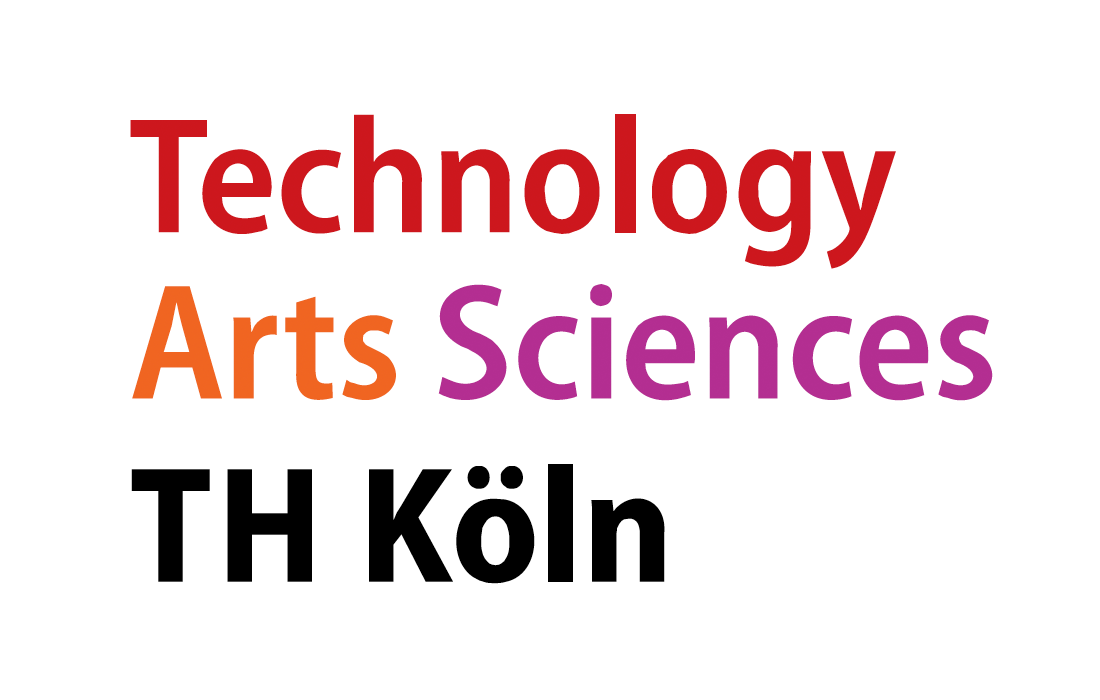Mapping to Focus Areas
Below, you find the module's mapping to the study program's focus areas. This is done as a contribution to all relevant focus areas (in ECTS, and content-wise). This is also relevant for setting the module in relation to other modules, and tells to what extent the module might be part of other study programs.
| Focus Area |
ECTS (prop.) |
Module Contribution to Focus Area |
| Generating and Accessing Knowledge |
3 |
This specialization recaps quickly the machine learning and especially deep learning principles, then dives deeper into current topics of the field.
|
| Architecting and Coding Software |
2 |
This module includes software development (notebooks)
|
| Acting Responsibly |
1 |
This module teaches how to deal with data and knowledge generating methods responsibly, acounting for ethics, privacy and security.
|
Learning Outcome
This specialization recaps quickly the machine learning and especially deep learning principles.
The student dives into the following topics
- Advanced Feature Engineering Methods
- Anomaly detection
- Autoencoders
- Generative Models
- Variational Autoencoders
- Generative Adversarial Networks
- Explainable Machine Learning
- Reinforcement learning
by filling their knowledge gaps between theory and practice while applying the methods in python solving natural language understanding and special computer vision real-world problems
for being able to apply modern machine learning methods in enterprises and research and understand the caveats of real-world data and settings.
Module Content
- ML and DL principles (recap)
- Advanced Feature Engineering Methods
- Anomaly detection
- Standardization,Box Plots,Correlation,DB-Scan Clustering,Isolation Forest,Robust Random Cut Forest
- Autoencoders
- feature selection and feature extraction
- Latent variables and spaces
- Image denoising
- Missing value imputation / image impainting
- Domain adaptation
- Generative Models
- Variational Autoencoders
- Generative Adversarial Networks
- Explainable Machine Learning
- XAI methods and definitions
- Partial Dependence Plots
- Individual Conditional Expectation
- Centered Individual Conditional Expectation
- Derivative Individual Conditional Expectation
- Shapley Values
- Local Interpretable Model-agnostic Explanations (LIME)
- Reinforcement learning
- Definitions
- Reinforcement control loop
- Markov Decision process
- Transition Probabilities
- Discounted and Expected Return
- Policies And Value Functions
- The exploration-exploitation dilemma
- Q-Learning
- Deep Reinforcement Learning
- Lecture
- Exercises and software development (notebooks)
- Accompanying project work by analyzing data sets
Learning Material Provided by Lecturer
- List of selected literature and web resources
- Lecture slides
- Video tutorials
- Exercises and code tutorials
- Example code and notebooks on github and Colab
- Data sets and models
Literature
- Ian Goodfellow, Yoshua Bengio und Aaron Courville: Deep Learning (Adaptive Computation and Machine Learning), MIT Press, Cambridge (USA), 2016. ISBN 978-0262035613 .
- Neural Networks and Deep Learning by Michael Nielsen, ONline Book, http://neuralnetworksanddeeplearning.com/
- Friedman, Jerome, Trevor Hastie, and Robert Tibshirani. “The elements of statistical learning”. www.web.stanford.edu/~hastie/ElemStatLearn/ (2009)
- Doshi-Velez, Finale, and Been Kim. “Towards a rigorous science of interpretable machine learning,” no. Ml: 1–13. http://arxiv.org/abs/1702.08608 (2017)
